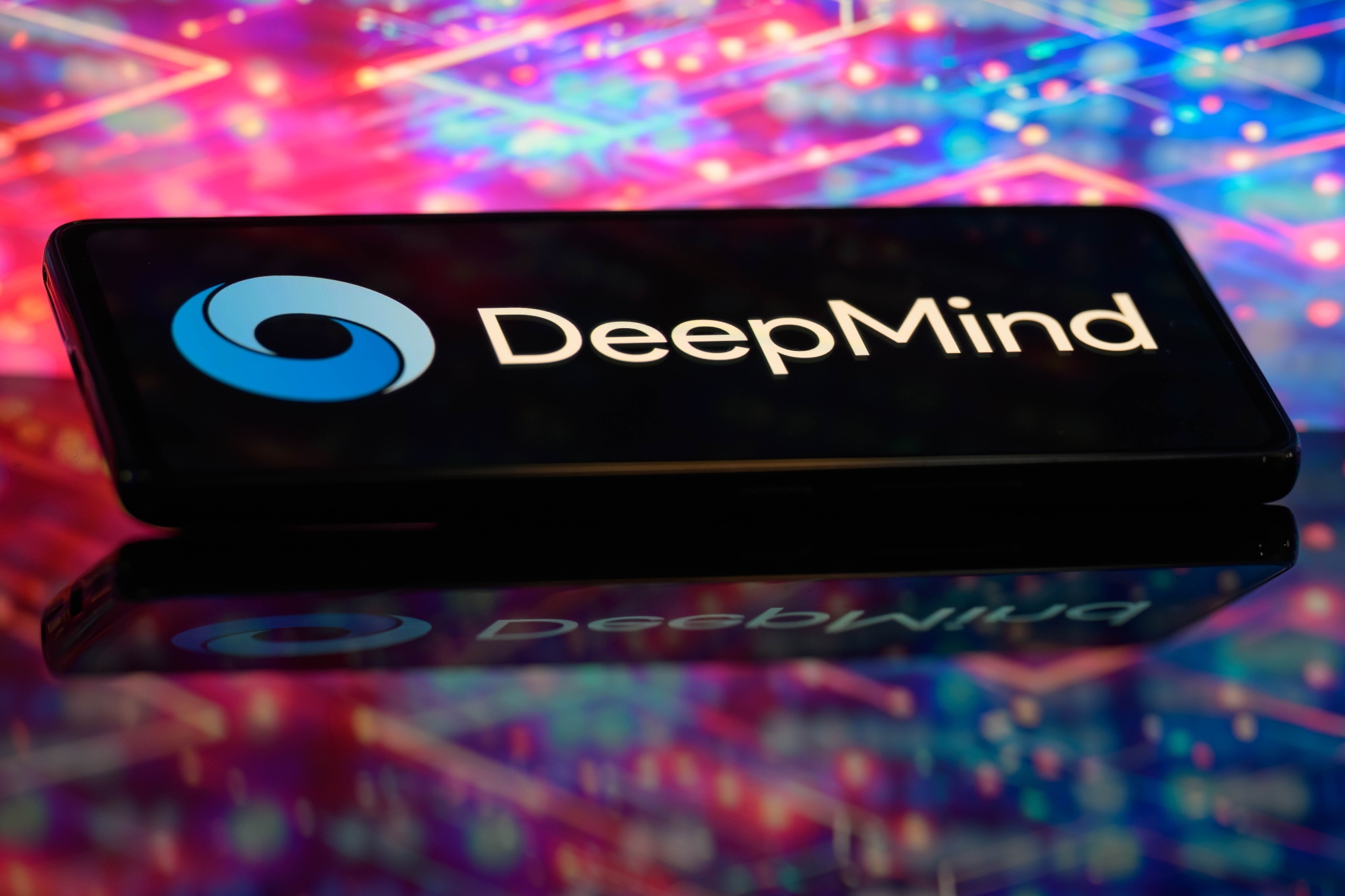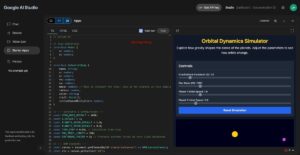Claims Suggest Google is Compensating Former AI Researchers for Inactivity

The Battle for AI Talent: Understanding Google DeepMind’s “Garden Leave”
The Talent War in AI
The competition for skilled professionals in the artificial intelligence (AI) sector is intense. Companies are in dire need of talent, and those who have acquired skilled employees are reluctant to let them go, even if circumstances warrant it. A notable practice highlighted by Business Insider involves Google DeepMind, which has implemented a unique policy to retain its talent: the “garden leave.”
What is “Garden Leave”?
Garden leave is a term that refers to the period during which a former employee remains on the payroll while being restricted from working for other companies. In the context of Google DeepMind, when an employee leaves the company, they may enter an arrangement where they receive salary and benefits for up to six months, essentially making them "Schrodinger’s AI developer" — they are both employed and unemployed simultaneously.
The Implications of Garden Leave
Financial Security: During this period, the individual continues to receive their salary, providing financial stability in a time of transition.
Career Challenges: Despite this financial support, the six-month gap presents significant challenges when seeking new employment. Job seekers may find it difficult to explain the absence from the workforce, raising concerns for potential employers. As one former employee pointed out, it can be tough to secure a new role when prospective employers wonder why they would be starting a job after such a lengthy hiatus.
- Relevance of Noncompete Clauses: These arrangements are linked to noncompete clauses, which are contractual agreements preventing employees from taking a job with competing firms for a specified period after leaving a company. While uncommon in the U.S., where there’s a push to make such clauses less enforceable, they are more standard in other regions, particularly in the UK, where they often apply to higher-level executives.
Opinions from the Industry
Former employees of DeepMind have voiced their opinions about the garden leave and the associated noncompete clauses. Nando de Freitas, a past director at DeepMind, recently advised prospective employees on social media to be cautious about signing contracts with such stipulations. He argued, "No American corporation should have that much power, especially in Europe. It’s an abuse of power, which does not justify any end."
Preparing for Garden Leave
For those considering a position at Google DeepMind, it’s crucial to be prepared for the potential of an extended garden leave.
Tips for Navigating Garden Leave
Plan Your Time: Use your time wisely, exploring hobbies or activities you’ve always wanted to try. This might include playing video games, painting models, or even pursuing further education.
Stay Current: Engage in learning opportunities online or attend workshops in your field to maintain and build skills.
- Network: Utilize this time to network within the AI community and stay connected with industry trends.
The Landscape of Employment Post-Garden Leave
As companies continue to compete for AI talent, practices such as garden leave will likely remain relevant. Understanding the implications of such policies can help potential employees make informed decisions about their careers in the AI sector. As the industry evolves, so too will the norms surrounding employment contracts, creating a need for both organizations and employees to adapt to these changes.






